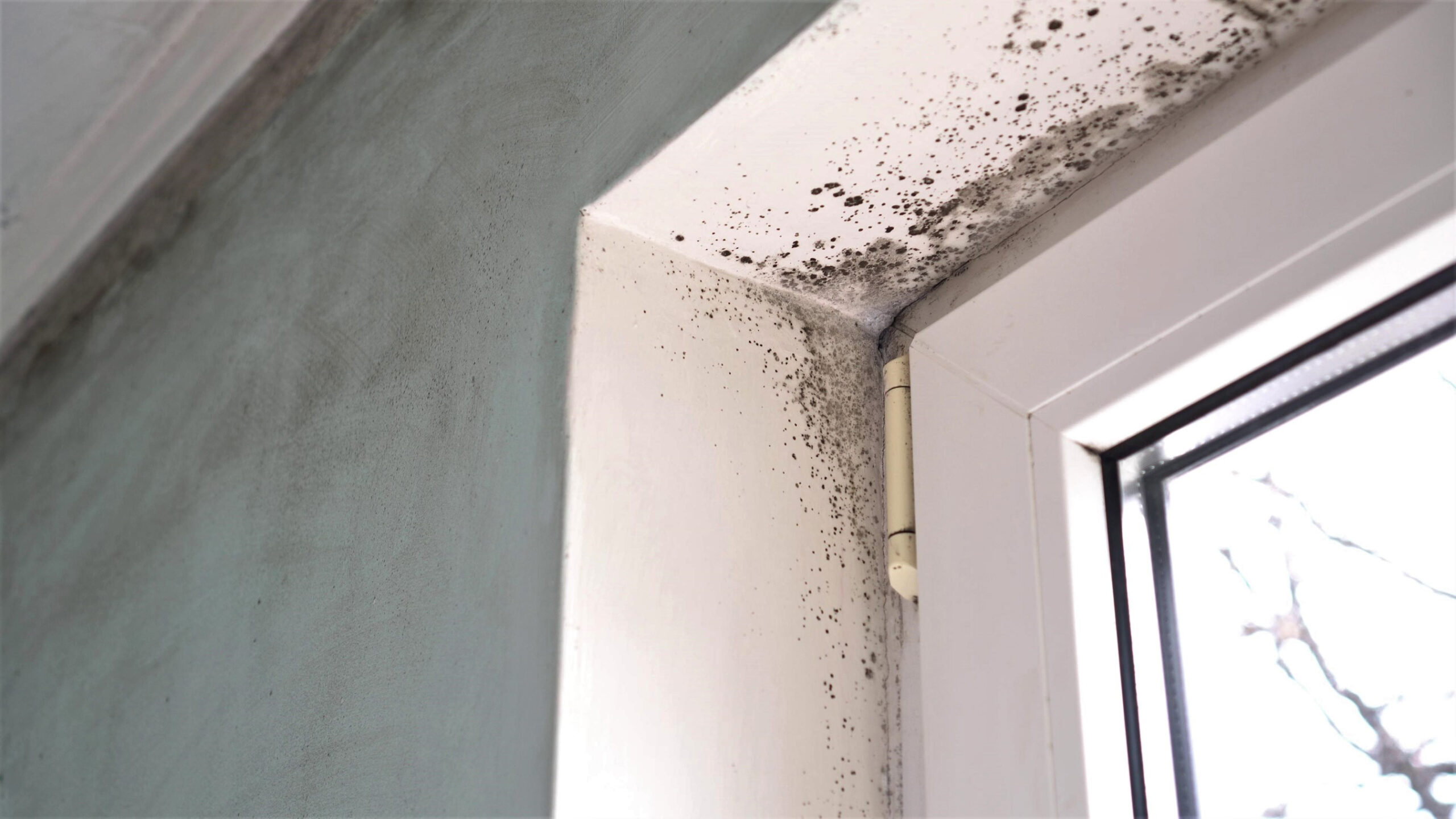
Seller: All About Disclosures

Disclosure is key to the house selling process. While the form may seem overly long and confusing, filling it outright is important. Failure to disclose some problems or entering false information can leave you open to a lawsuit, even after closing.
Federal, state and local
You must obey federal, state and local laws for disclosures. There aren’t many federal requirements, but one very significant one is lead paint disclosure. If your home was built before 1978, you must disclose any known lead paint in the house and provide potential buyers with an EPA pamphlet.
As for state and local laws, these vary across the country. Common disclosure requirements include:
- Pest infestations
- Water infiltration
- Mold
- Smoke damage
- Structural problems
- Environmental hazards
- Death in the home
Put it in writing
Disclosures must be in writing for potential buyers. Verbal disclosures, no matter how thorough, don’t count.
Patent vs. Latent
When filling out a disclosure form, you may see the terms patent and latent. A patent defect is visible and usually doesn’t need to be disclosed, while a latent defect is hidden and should be disclosed.
What if it’s been fixed?
In most cases, even if you’ve completely remediated the problem, you still need to disclose it as part of the house’s history.
REALTORS® to the rescue
With a qualified local REALTOR®, you’re much less likely to make a mistake during the disclosure process. We can help you identify what needs to be disclosed, when it’s appropriate to say that you simply don’t know, and more.
If you have questions please give us a call 423-821-5551
May 20, 2022
Leave a Reply Cancel reply
© 2020 CENTURY 21 Prime South Realty, Inc. All rights reserved. CENTURY 21®, the CENTURY 21 Logo and C21® are registered service marks owned by Century 21 Real Estate LLC. Century 21 Real Estate LLC fully supports the principles of the Fair Housing Act and the Equal Opportunity Act. Each office is independently owned and operated.